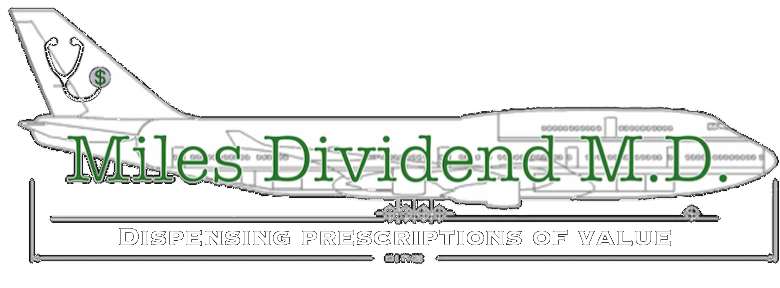On some level pleasure is about contrasts. The cool beer on a hot summer day. The soft couch after hard labor. An unexpected moment of intimacy in a seemingly public place.
These moments of stark relief are what life is all about.
Which brings me to a somewhat paradoxical subject for discussion on an early retirement blog: The centrality of work.
To be an early retirement enthusiast is to worship at the altar of leisure.
It is to choose to do that which you wish to do at the expense stuff that which you are expected to do.
So does this make trust fund babies the poster children for early retirement?
I don’t think so. For I think to live such a fate is to risk being robbed of much of life’s meaning.
To never work is to never retire.
Which all sounds a bit nebulous. So please allow me a brief look back at what work has meant to me.
What about my summer job in college? I was an unskilled laborer on a team rebuilding houses in San Francisco.
Granted it wasn’t so much a job as a summer camp with a salary.
But I got to tear down walls. I got to exercise all day. I got to listen to the fascinating and relentlessly sexist banter of my coworkers, (as well the endless rooster like crowing from the English carpenter Matt about his latest sexual conquests.) I got to feel what it felt like to step on a pile of slats and have a nail puncture the rubber sole of my Converse all-Stars, shooting right into the pad underneath my big toe. I got to see the amazingly large things that a 6 foot five contractor who was a former tight end from Cal Poly could carry. I got to feel the sensation of being physically tired at the end of a workday. And I got a welcome vacation from O-chem and physics and MCAT preparation. All for 10 bucks an hour under the table. What a bargain.
And what about internship?
That was painful.
Working 110-120 hours a week some weeks, sleeping every third night in the ICU call room. Working 14 straight days so that you could have the rare pleasure of a “golden weekend.” (A.k.a. Saturday and Sunday off.)
Making mistakes, probably because you were tired, but partially, you suspected, because you were a flawed person.
And the relentless march of week after week and month after month of sleep deprivation.
As I said, it was painful. And it definitely took its psychological toll.
But that year really seasoned me. Sure It’s scars took away much of my idealism, and taught me about my own limits. But I’m quite certain that it was sometime during that year that I stopped being a pre-med and started being a doctor. A worker.
And what about my first year in practice?
Even though I had been in training for seven years after finishing medical school, performing procedures by myself with no supervision was an unexpected stress. Somehow, I didn’t feel ready to be on my own.
I couldn’t sleep. I even developed a case of the shingles. (A reactivation of chickenpox that causes and intensely painful rash. This usually only affects immunosuppressed or extremely stressed people.)
I was terrified that I would not be able to successfully perform the job that I had worked so hard to prepare myself for.
But every day I went back to work. And I tried my hardest. And slowly I learned and I gained confidence in my own competency.
Until I was very comfortable doing my job, even as I continued to learn new skills and get better and better at my job each day.
But the question is why did I go back to work each day during that internship when it was all so exhausting? And why did I press on at my new job during my moments of heightened self-doubt? Weren’t there a million things I would have rather been doing?
And the answer is simple. I felt I had no choice. I went back each day for the paycheck. I went back because I had hundreds of thousands of dollars in student loan debt that I had to pay back. I went back because I had a young family that I loved and needed to support.
I did it because I needed the money.
That was the pointed stick that prodded me on when I was most reticent. Like the heavy barbell that tears and burns but stimulates muscle growth, The need for income fostered my own personal will to persevere.
Work just means doing what you’re supposed to do even when you don’t want to do it.
And I’m certainly not retired yet.
I still face moments of conflict and discomfort from time to time in my job. (These days stress seems to come more from the inevitable misunderstandings that plague human relationships.) Thankfully, because of past storms weathered, it becomes easier and easier to press on and keep coming back.
But I’m still working.
Which raises the obvious question, when I reach financial independence, what then?
I honestly have no idea what I will do. Will I continue the practice of medicine that I so enjoy now? Will I quit and write a novel?
At that point money will probably cease to be a meaningful motivator for me. And all that will be left is a long (I hope) stretch of my life where I will have to become motivated by things other than money.
But one thing’s for certain. It certainly won’t be a vacation.
After all, those only come after work.
